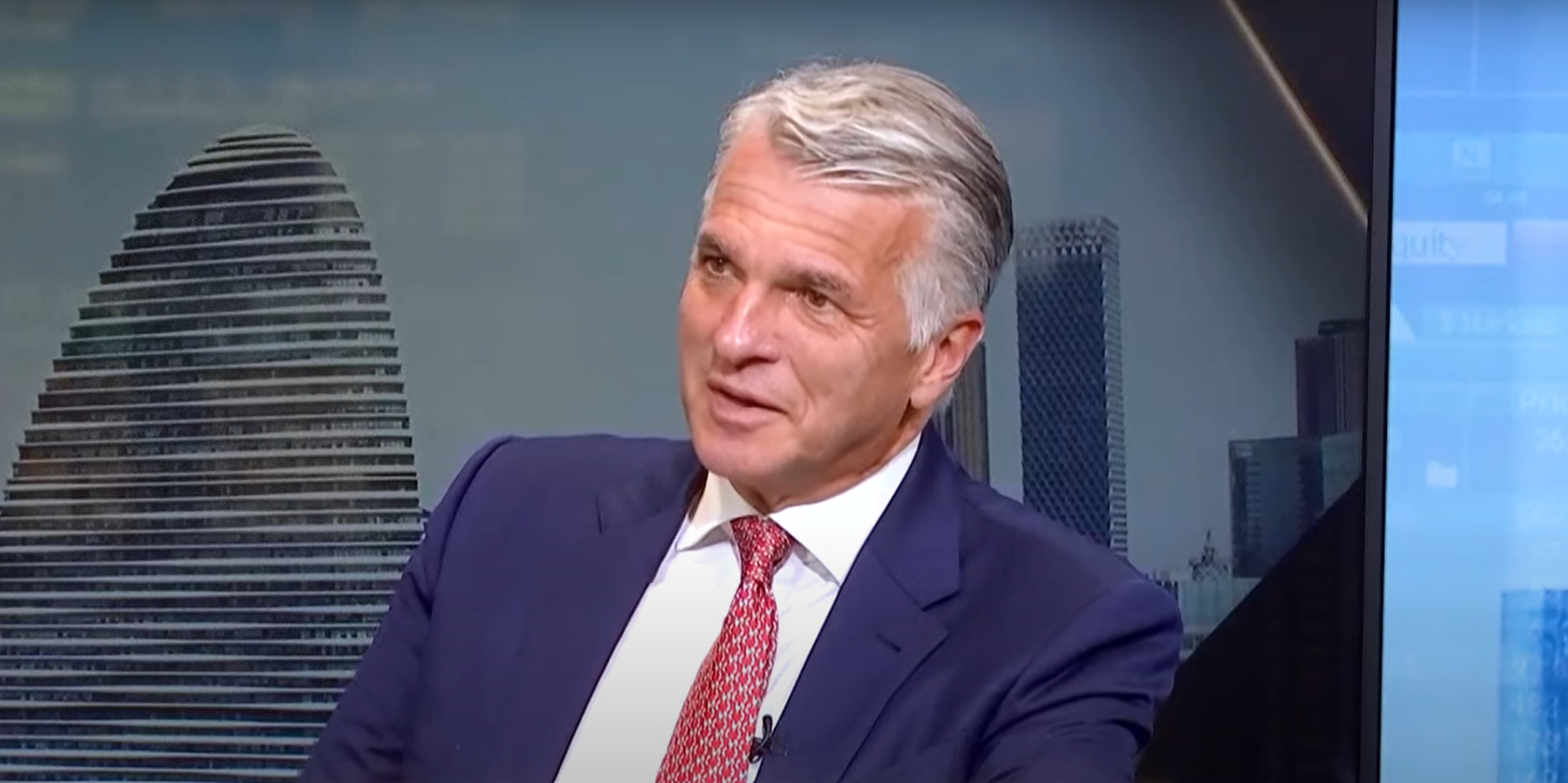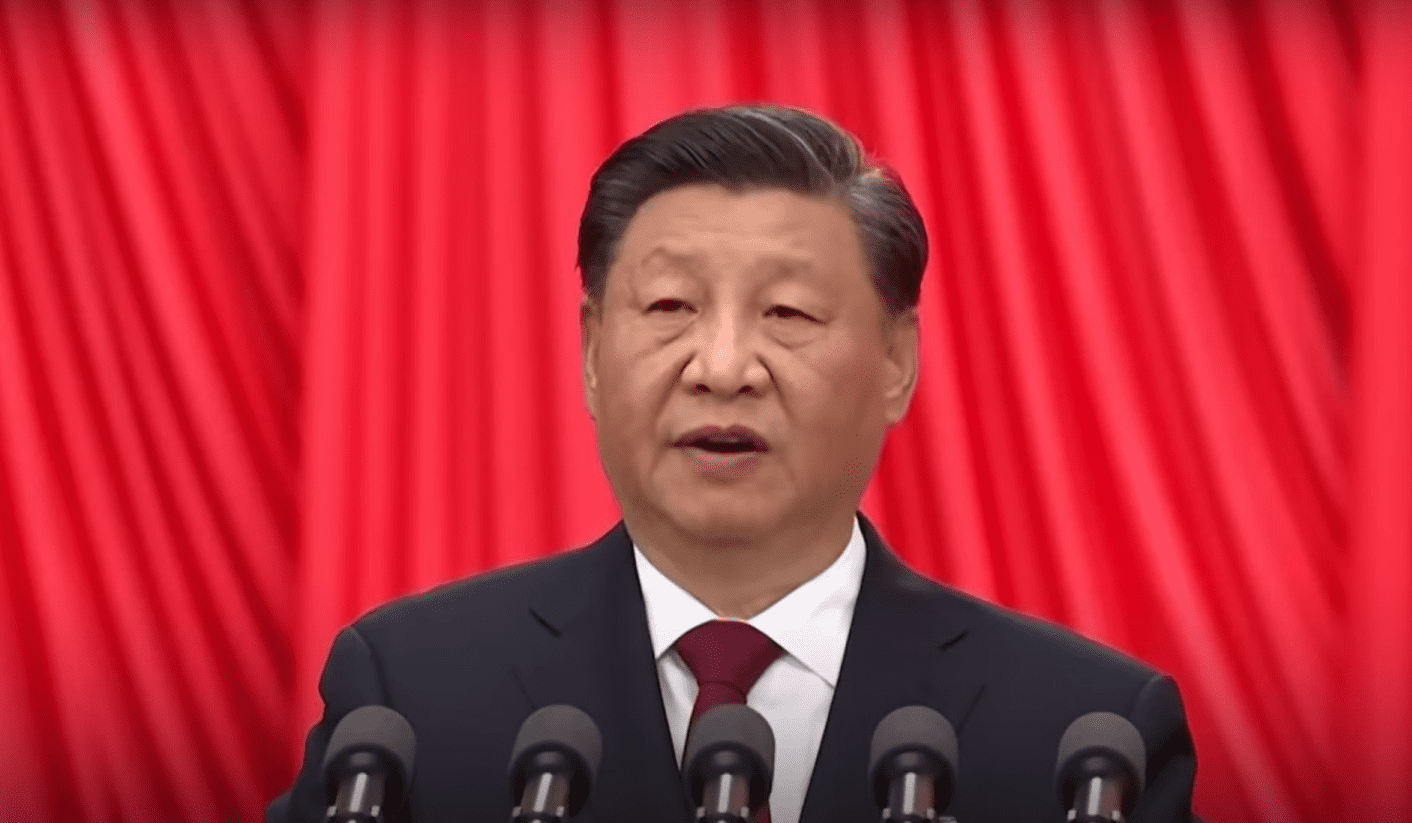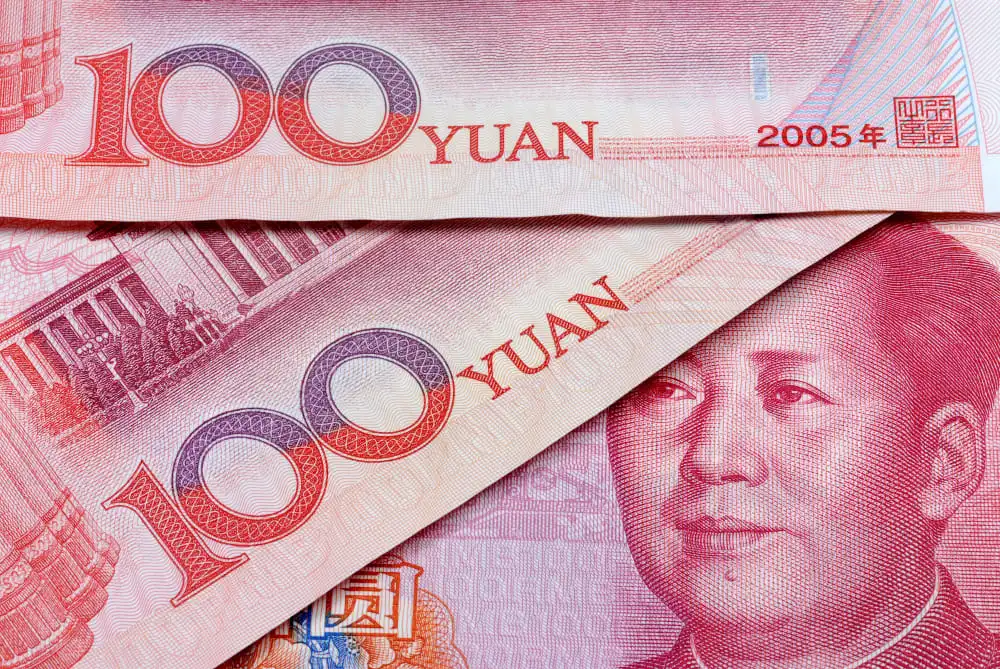The US dollar has long been considered the cornerstone of global forex reserves, but recent trends indicate a subtle yet significant shift. According to the International Monetary Fund (IMF), the dollar’s share in these reserves has fallen from over 70% in 2000 to about 55% by the last quarter of 2023. This reduction, described as “stealth erosion“ by the IMF, marks a notable change in the global financial landscape.
While the dollar remains the predominant currency in the reserves of the world’s central banks, its dominance is gradually being challenged. Non-traditional reserve currencies, such as the Australian dollar, Canadian dollar, Chinese renminbi, South Korean won, Singaporean dollar, and various Nordic currencies, are gaining traction. According to the IMF data, this shift is driven by several factors, including the desire for diversification and the attractive yields these currencies offer.
The Stealth Erosion of the Dollar
The term “stealth erosion” aptly captures the slow yet steady decline of the dollar’s share in global reserves. Despite the dollar’s recent strengthening against most currencies and a 4% rise in the Dollar Index this year alone, central banks worldwide are reducing their holdings of the greenback. This trend has been ongoing for over two decades, as central banks diversify their portfolios to include a wider array of currencies.
Notably, the decline in the dollar’s share is not being matched by a corresponding rise in the euro, Japanese yen, or British pound sterling. Instead, central banks are turning to non-traditional reserve currencies, which have become increasingly appealing due to advancements in digital financial technologies that make them easier to trade and hold. The IMF’s latest report, based on data from 149 reporting economies covering 93% of global forex reserves, underscores this gradual shift.
Impact of Sanctions and Diversification
The decline in the dollar’s dominance is often discussed in the context of geopolitical events, such as the sanctions imposed by the West on Russia following its invasion of Ukraine. These sanctions effectively excluded Russia from the global dollar-based financial system, sparking concerns among other countries about their own vulnerabilities. However, the IMF’s report suggests that the move away from the dollar is more about diversification than direct reactions to sanctions. The steady decrease in the dollar’s share has not accelerated despite the increasing use of financial sanctions by the US.
The Real Threats to Dollar Dominance
While sanctions and diversification are significant factors, other issues may also undermine confidence in the dollar. Analysts have pointed out that internal challenges, such as political and fiscal instability in the US, pose substantial risks to the dollar’s supremacy. Jared Cohen, president of global affairs at Goldman Sachs, and other experts have recently emphasized that “American dysfunction” could be a more critical threat to the dollar’s dominance than external factors.
Looking Ahead
As the global financial system evolves, the landscape of reserve currencies is likely to continue shifting. The IMF’s findings highlight the growing appeal of non-traditional reserve currencies, driven by the need for diversification and the benefits of digital financial technologies. While the US dollar is far from losing its status as the world’s primary reserve currency, its grip is undoubtedly loosening.
This trend towards diversification in global forex reserves reflects broader changes in the international financial system. Central banks are adapting to new realities, seeking stability and returns in a more complex and interconnected world. Whether this will lead to a more balanced distribution of reserve currencies or a new dominant currency remains to be seen, but the implications for global economic dynamics are profound.
The ongoing adjustments in central banks’ reserve strategies will be a critical area to watch, as they offer insights into the future of global economic governance and the evolving role of the US dollar in the international arena.










Leave a Reply